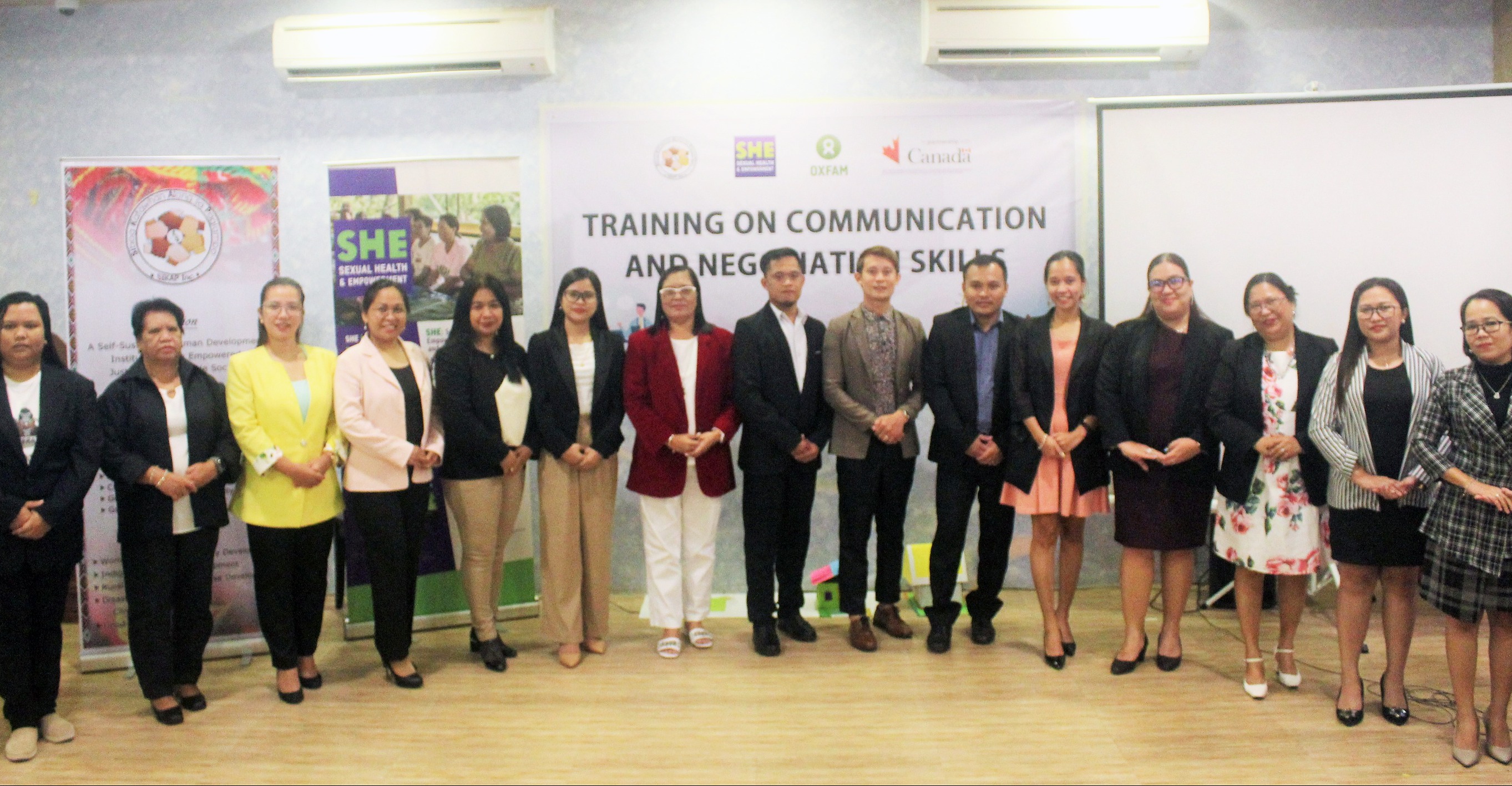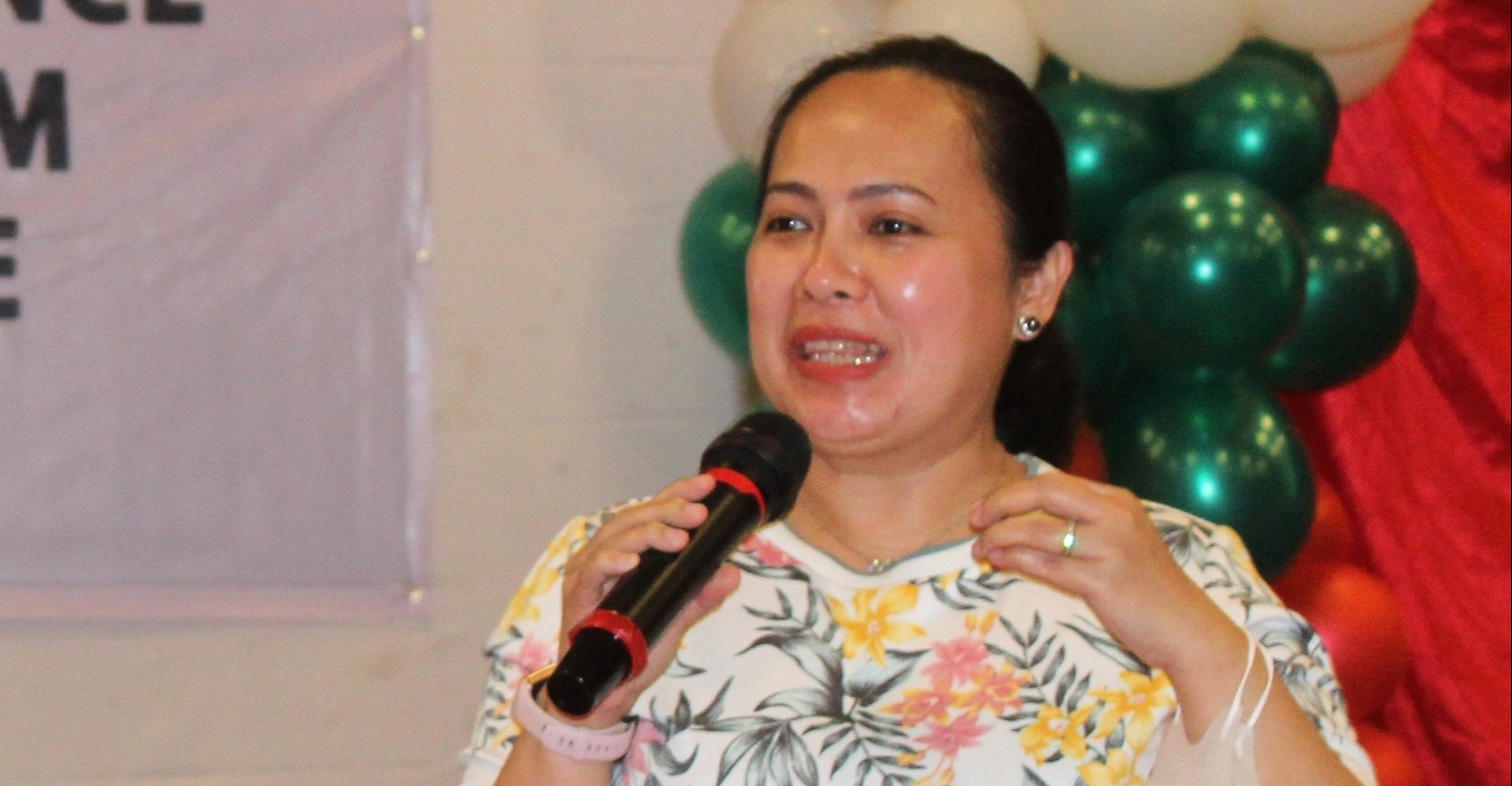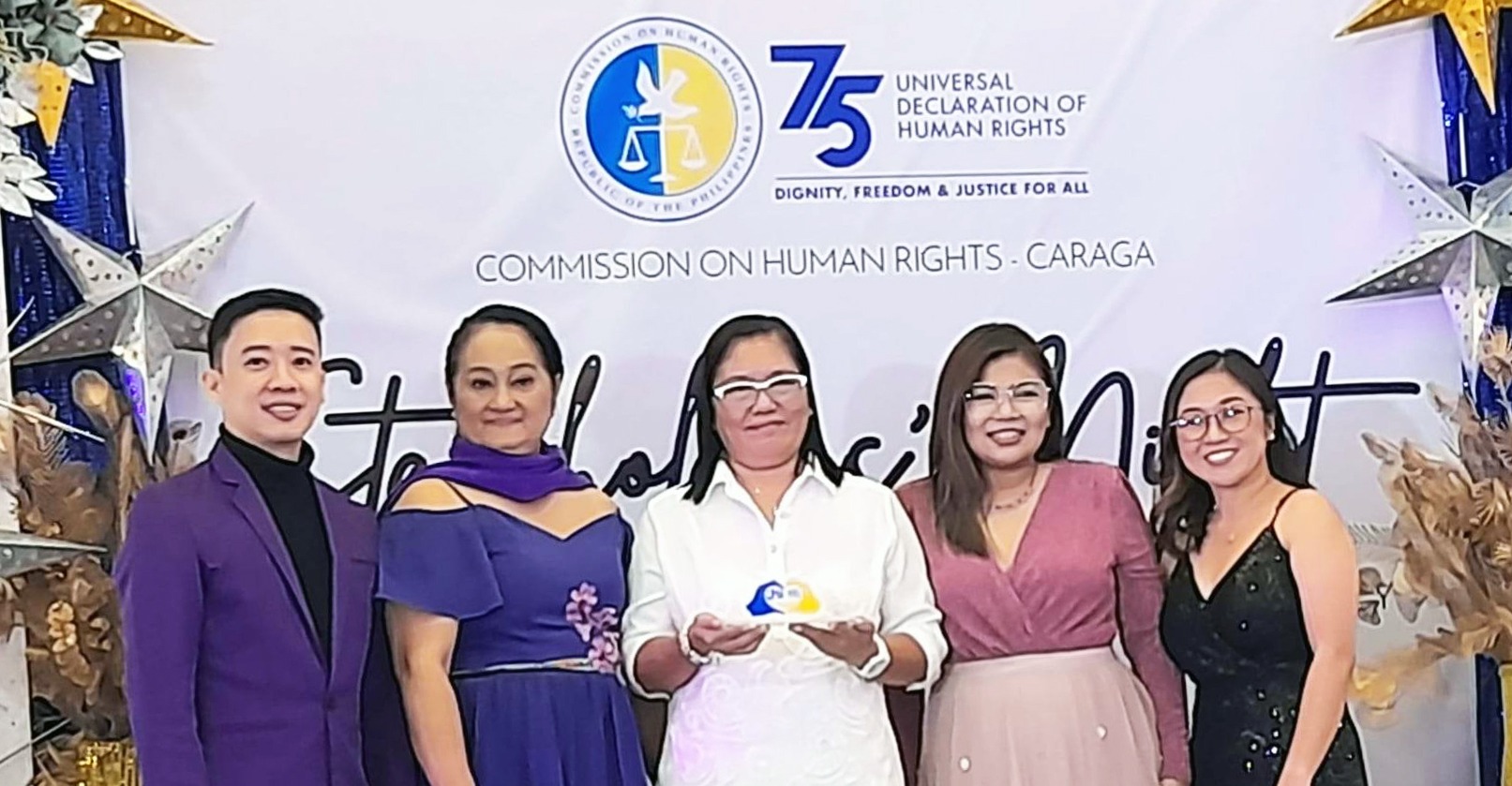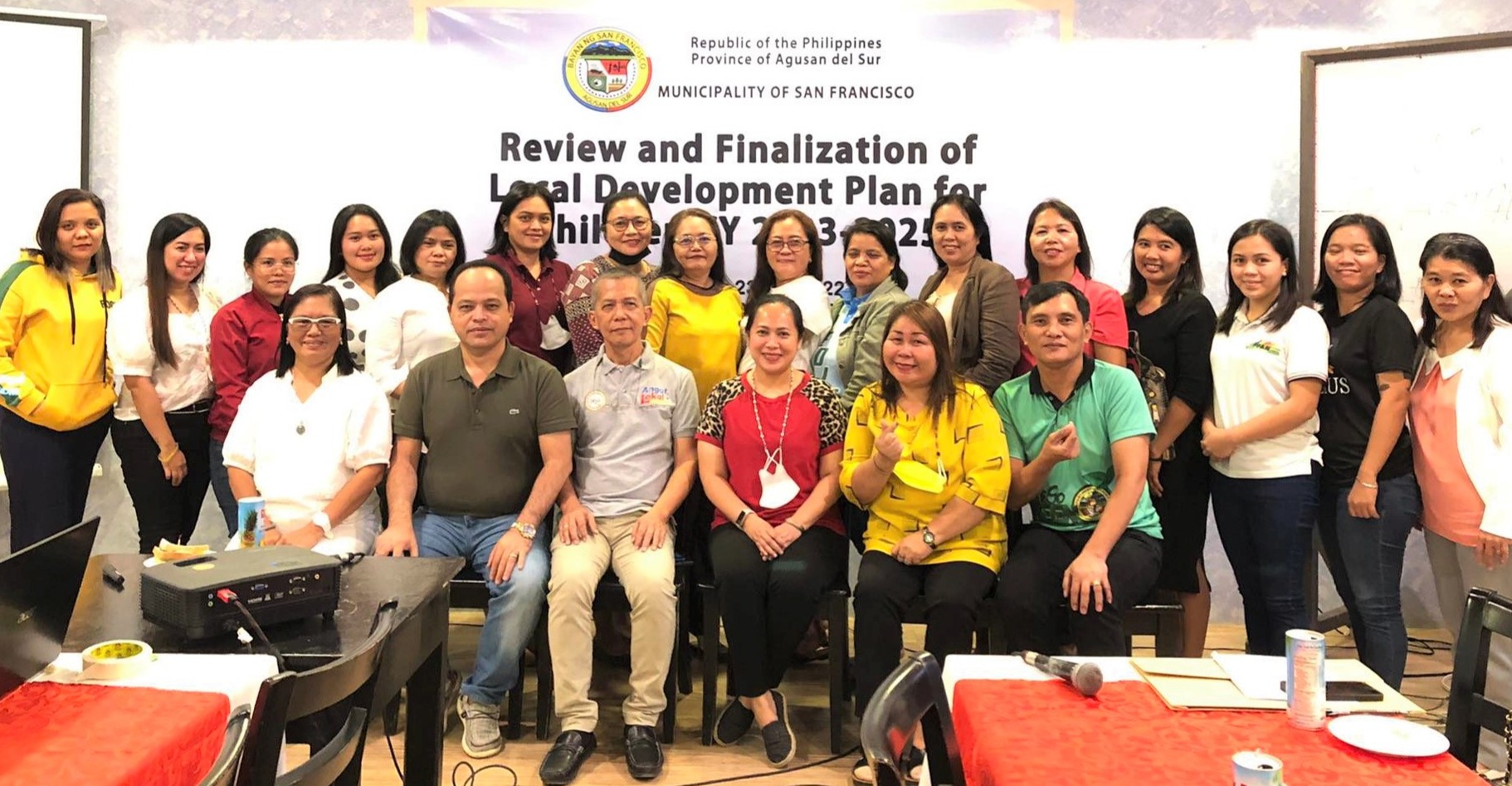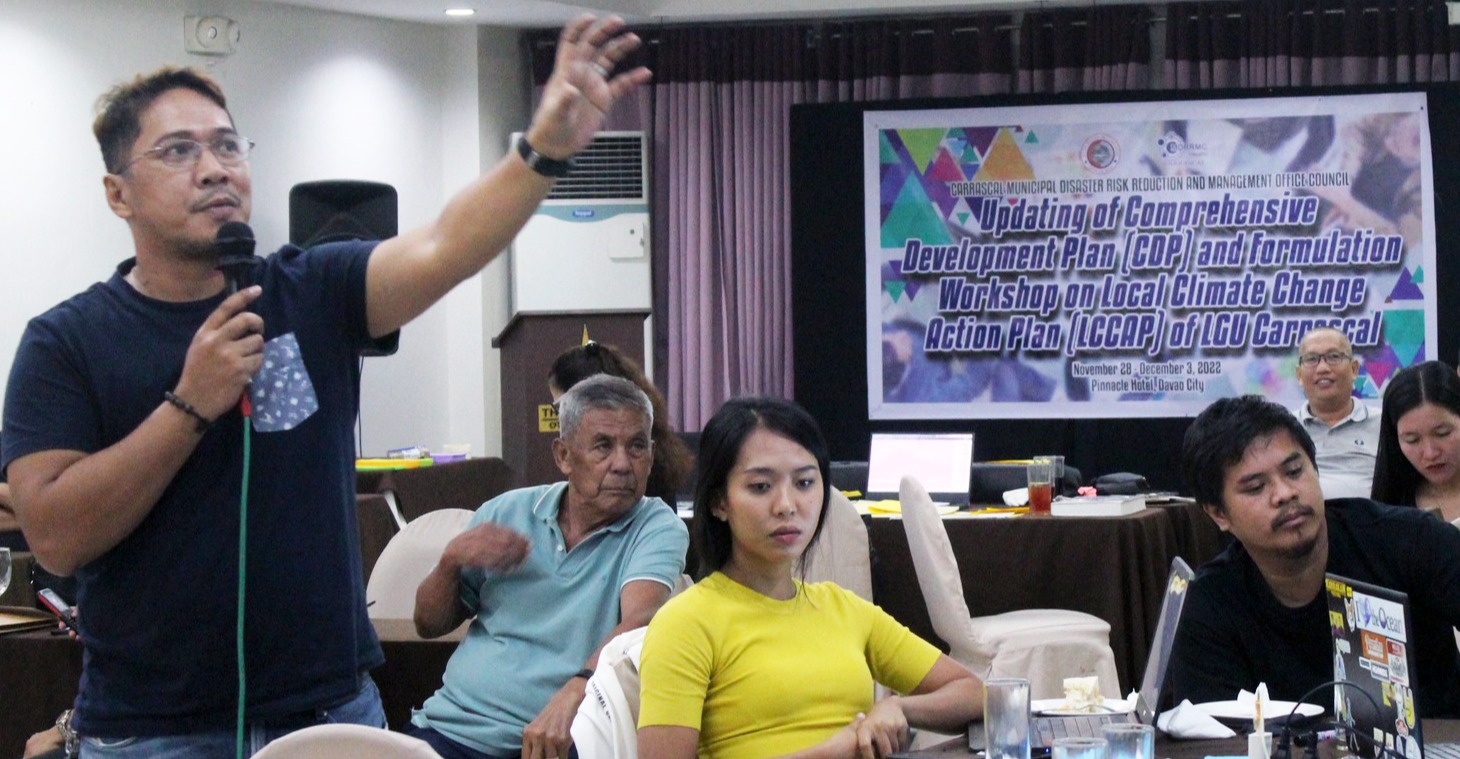Families in need of special protection are emerging and growing concerns on the area of social protection. Usually, when a member of a family is affected by difficult circumstances, the whole family is also affected. These families include those who are displaced in their homes due to various circumstances such as those who were victims of man-made and natural calamities, IP migrant families, informal settlers pursuing for better economic opportunities, and families with children in need of special protection such as children with disabilities, street children, out-of-school children, child laborers, abandoned and abused including those who were victims of other forms exploitation.
Families abound with a variety of cases of children in difficult circumstances who need specialized mode of interventions. These families vary in types and composition such as family of two or more siblings living together, nuclear, a combination of extended and nuclear families and with mixed relationships. Regardless of the type of families, they are the ones not usually captured into the regular Conditional Cash Transfer Program.
The Pantawid Pamilyang Pilipino Program hopes to strengthen its coverage by targeting the families in need of special protection to provide and strengthen the safety, protection and development of children in difficult circumstances. It is a modified approach designed to maximize the reach of the Conditional Cash Transfer Program for the purpose of helping families and children in difficult circumstances overcome their situation and mainstream them into the regular CCT while generating appropriate resources and services in the community.
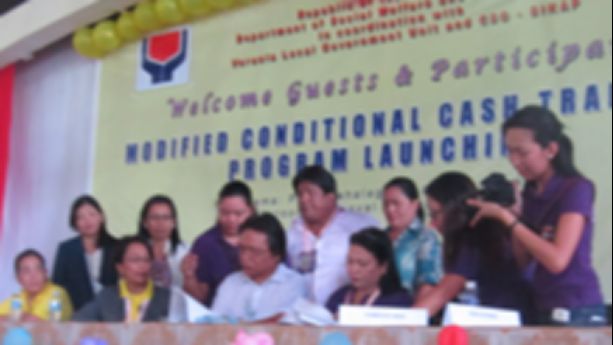
The objectives of MCCT-FNSP are the following:
a) To bring back children to schools and facilitate their regular attendance including access to Alternative Delivery Mode and other special learning modes;
b) Facilitate availment of health and nutrition services through regular visits to the health center;
c) To enhance parenting roles through attendance to Family Development Sessions;
d) To bring back children from the streets to more suitable, decent and permanent homes and reunite with their families;
e) To mainstream families with children in need of special protection for normal psyco-social functioning through Pantawid Pamilya Program.

MCCT-FNSP was implemented in two schemes, DSWD-run and CSO-run. Under the CSO-run scheme, SIKAP was engaged in October 2012 for the implementation of the project in Sibagat and Veruela, Agusan del Sur covering 2,000 households with IPs, PWDs, Internally displaced and families with child laborers.
SIKAP’s task and responsibility was to undertake the whole process of identification of beneficiaries to enrollment and delivery of support interventions such as:
a)Assessment and validation of target beneficiaries and their families
b)Community/Group assembly and registration
c)Case management, monitoring, evaluation and documentation
d)Conduct of capacity building activities for the staff and beneficiaries such as Family Life Education and Counseling, parenting education, youth value formation and other family development/enrichment programs and activities
e)Referral and follow up of support services for special cases/concerns as part of case management plan
To run the program, SIKAP Field Offices were established in Sibagat and Veruela municipalities. There was also hiring of 22 Case Worker/Organizer and a Child Welfare Aid.
One of the major activities under MCCT-FNSP was the Family Development Sessions (FDS). Training modules and sub-modules used were translated to local language for easy understanding of the communities. These modules are the following:
Module 1. Family and Community-based Disaster Preparedness
Module 2. Maternal and child Care
Module 3. Building Children’s Positive Behavior
FDS under the Conditional Cash Transfer Program is the main tool in the development of human capital. In this sense, FDS in the field should observe functional standards and effective strategies so that translation of learning into practice can be within reach. FDS is also a venue of expressions among MCCT beneficiaries’ psychosocial status even as it is a collective and individual psycho-social facility in the helping process.
Other significant project activities are listed below:
- Facilitation of Kasalan ng Bayan of MCCT beneficiaries. A total of 114 couples became legally married and marriage certificate were acquired. This allows several families to access government services and children are legitimized.
- On-site free registration of unregistered beneficiaries. A total of 59 unregistered births were facilitated for free. With the support of the LGU, fees and penalties for late registration were waived. This initiative gave rights to several individuals.
- Aedow ni Tatay, a Father’s Day celebration, was participated by 130 fathers, opening an avenue for active participation of fathers in project activities and increase positive perspective on responsible parenthood.
- Conduct of case management and facilitate referral and intervention of special cases.
- Capacity building activities for Case Worker and Child Welfare Aid personnel of SIKAP and DSWD.

In implementing the project, SIKAP learned several things, some of which are enumerated below:
- Compliance Verification – Accessing cash grant by way of complying program conditionality is not our main strategy in CCT program. In sustainable development perspective, the program exits to shift paradigms of the poor and disadvantaged communities by empowering them while the government provides for opportunities in the process of their mainstreaming in the course of development. This shift of paradigm can be attained in one way or another if advocacies in health, education and responsible parenthood are concretely institutionalized in FDS. With this, facilitation and innovations interplay in the process.
- Maintaining good relationship in a multi-sectoral convergence setup is an advantage in accessing programs and projects. Counterparting and sharing of resources is a perfect strategy in providing other programs and services to partner communities and beneficiaries.
- The primary goal of the mother program Pantawid Pamilya is to increase enrollment in poverty-stricken localities, where beneficiaries can avail cash assistance while accessing free education. Thus, the timing of the project implementation is crucial.
- The program design and strategies should be processual. All activities regardless of value are interrelated and bear contribution in the achievement of intended results of the program. As said, “one activity begets another”. Irrelevant activity cannot contribute to the common goals. The outputs and process are equally important.
- SIKAP believes that furthering the effectiveness of the program is to become context-specific in its implementation. One-size-fits-all approaches should be avoided, meaning implementation policies, designs, framework, strategies, tools and approaches should consider diverse cultures in all aspects of project implementation.

